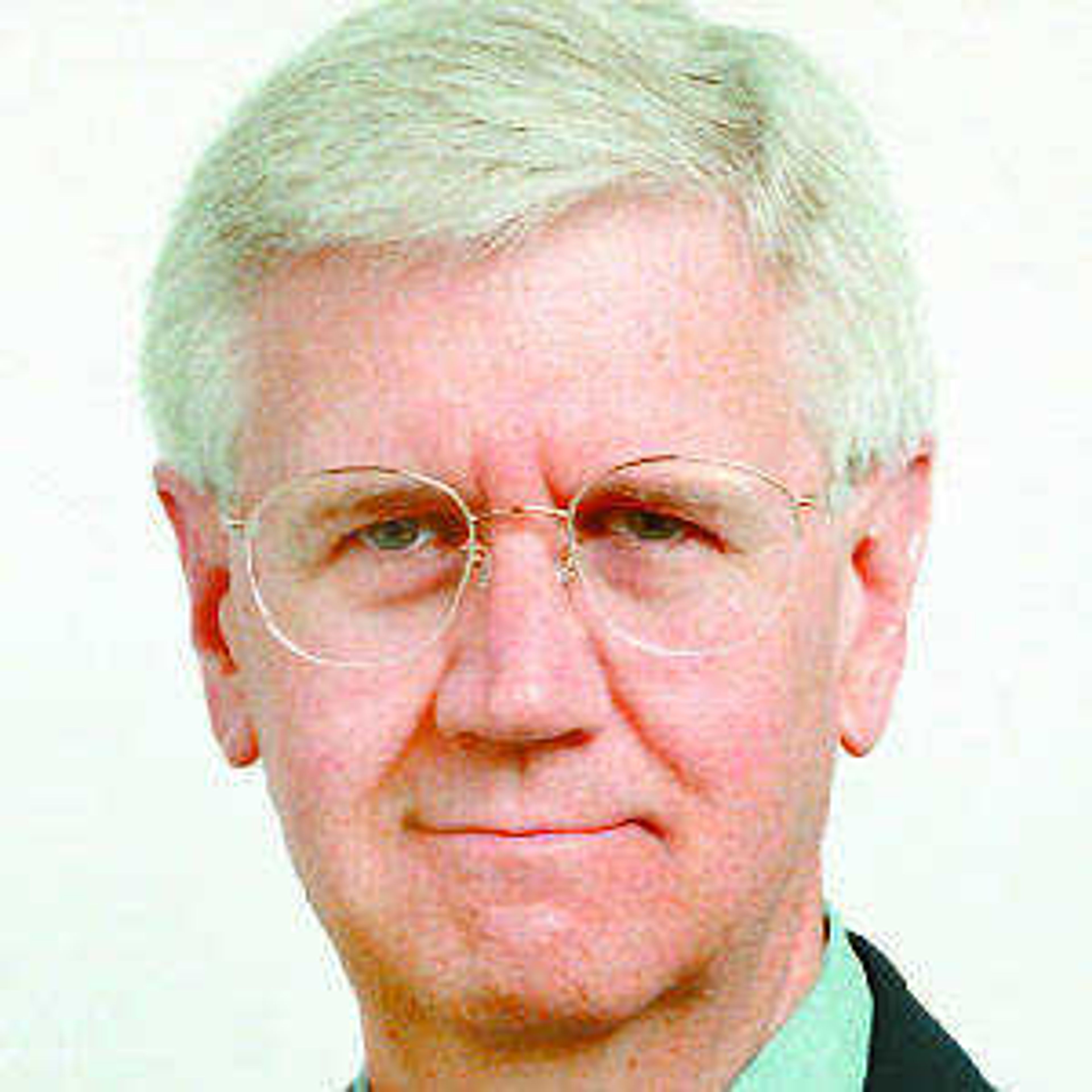It takes four reporters to say there's nothing to report
One thing round-the-clock television news channels have taught us is that it is possible to fill 24 hours every day with nonstop news reports based on little or no information. Much of what now passes as broadcast news is pure conjecture at best and sensationalized speculation at worst...
One thing round-the-clock television news channels have taught us is that it is possible to fill 24 hours every day with nonstop news reports based on little or no information.
Much of what now passes as broadcast news is pure conjecture at best and sensationalized speculation at worst.
We've seen it over and over. Something happens. Few, if any, facts are known. Never mind. The reason on-air types get the big bucks is they can fill the time with drivel that sounds like news.
Take the disappearance of the Malaysia Airlines plane that has been among the top news stories of the week. Plane takes off. Plane doesn't arrive at its destination. No sign of the plane. Search ensues.
Those are the facts. Even if you're a slow reader, it takes a few seconds to read them. That leaves 86,395 seconds -- minus 28,800 seconds for commercials -- to fill even when there is nothing to report.
And God forbid that any news program worth its salt would fail to report on the same Big Story that every other news program is reporting on, because we all know that if the other networks are covering a story, then every network has to cover it, even when there is nothing to report.
And so it goes, on and on, around the clock.
The danger of this news-reporting mentality is how much bad information gets passed along to viewers of all these so-called news programs. It happened with coverage following the bombs that went off during the Boston Marathon. How much of what we heard from speculative reporting turned out to be accurate? It happened following the Sandy Hook school shootings.
When these fact vacuums occur in today's reporting world, on-air reporters are ready to fill time. Maybe. Possibly. Could have. Might have. Allegedly. These are not the words of sound news reports. But we hear them all the time these days.
And what if a Hollywood personality is mixed into whatever is the story du jour? Stand back. All the stops will be pulled out. Any rumor is worth sharing.
I remember when Douglas Edwards of CBS News told us everything we needed to know in under 15 minutes. I remember what a big deal it was when the first network newscast was expanded to 30 minutes. What will they fill all that time with? we wondered. As it turns out, those early network news shows were filled with facts and figures. When President Kennedy was assassinated, we received confirmed information as it became available. There was little speculation. That came later.
I remember one of the first times the big networks had to fill time was during one of the early space missions. Contact with the spacecraft was lost. No one knew the fate of the crew. There were, as I recall, entire blocks of time, some lasting nearly a minute, when nothing was said. Nothing at all. Because there were no facts to report. And speculation, particularly when the lives of astronauts hung in the balance, was not even a consideration.
I like the fact that anyone these days can be as informed almost instantly by turning on a TV or going on the Internet. Even newspapers have adapted to this up-to-the-minute reporting model by posting the very latest news on their websites. Mobile phones have become news-as-it-happens devices. These are all good developments, in my opinion.
But when news programming has hours and hours of on-the-air time to fill and precious little -- if anything -- new to report, we seem willing to accept speculation and theorizing as real news.
Let's keep it straight, at least. Let's call what is being reported rumor, speculation, best guesses and, occasionally, pure fantasy.
When the line between factual reporting and made-up reporting becomes blurred, we are in dangerous territory.
If you go to any coffee-shop gathering, you will hear a few facts on occasion, but most of what you hear from your buddies is going to be pure rot. That's why coffee groups are so fun.
But when what claims to be serious news reporting resorts to pure rot, we are in serious trouble. Most coffee drinkers know the difference between fact and fun.
Can the same be said for the millions of TV viewers?
Joe Sullivan is the retired editor of the Southeast Missourian.
Connect with the Southeast Missourian Newsroom:
For corrections to this story or other insights for the editor, click here. To submit a letter to the editor, click here. To learn about the Southeast Missourian’s AI Policy, click here.










